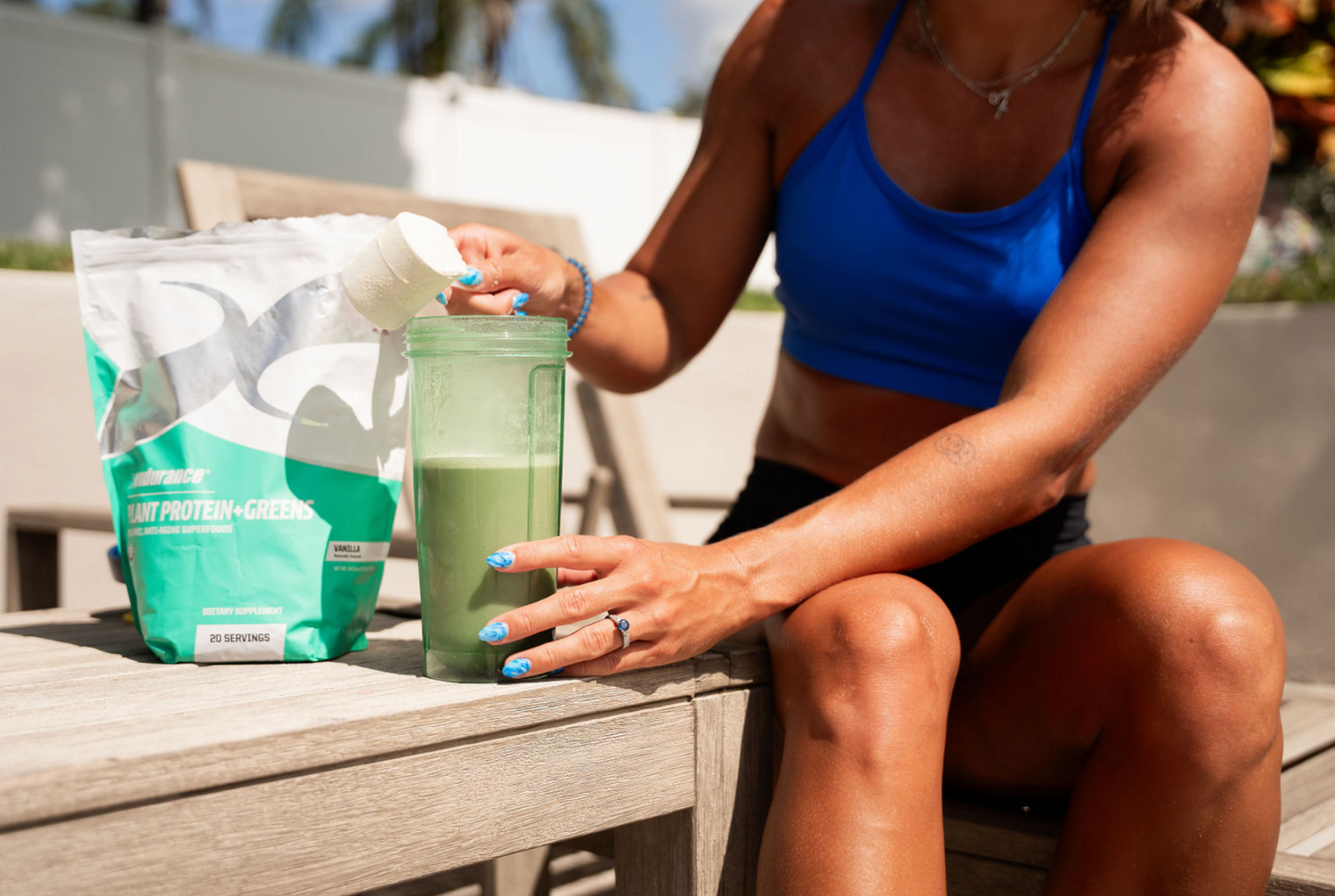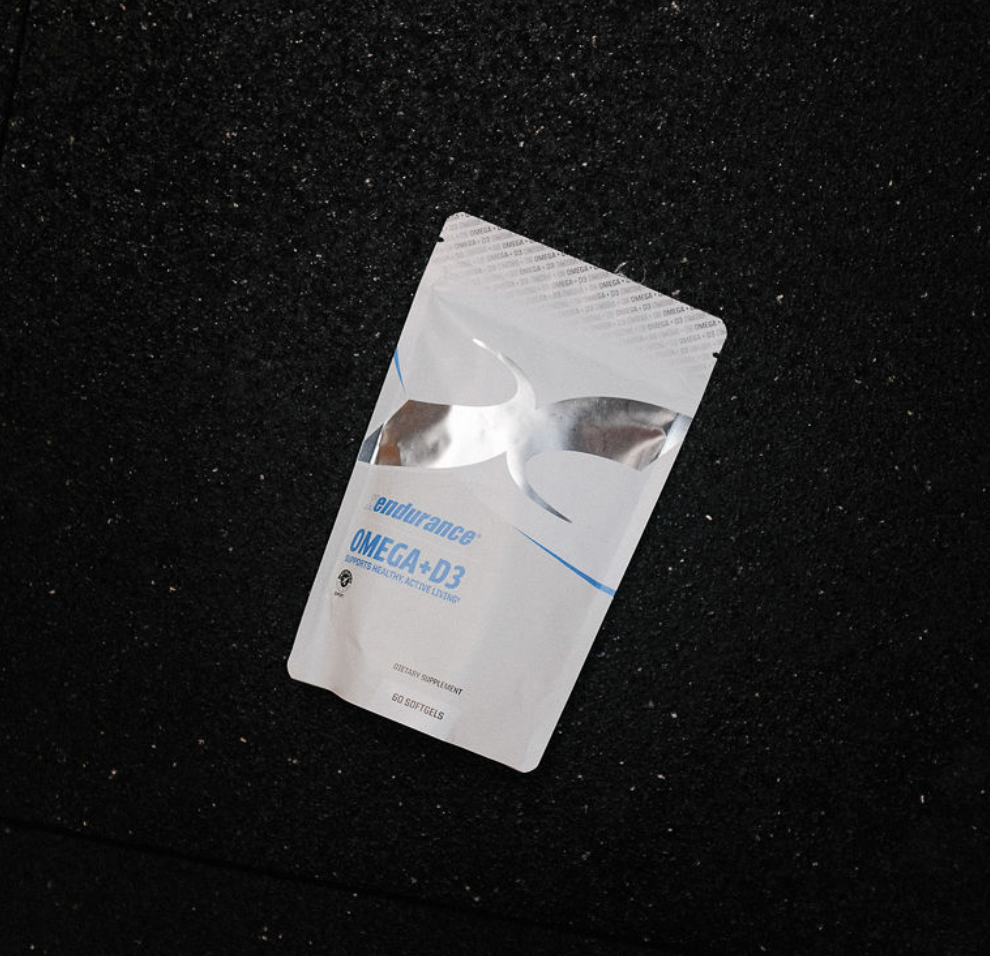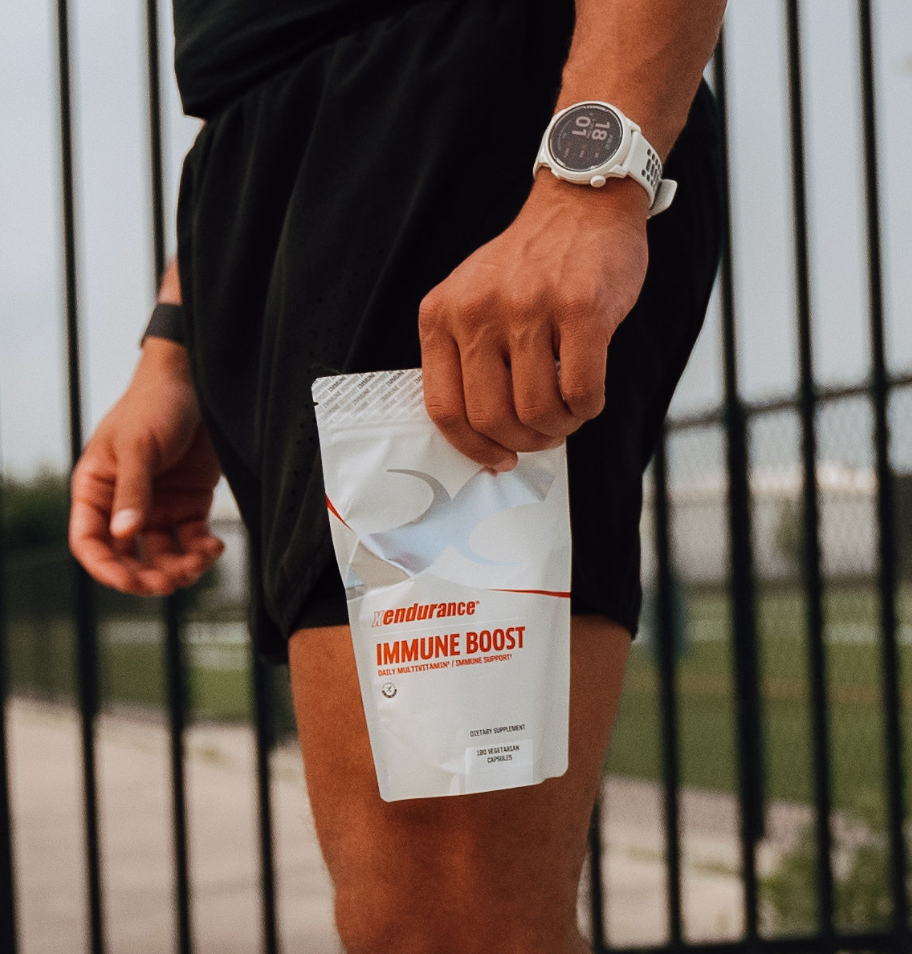Have you ever wondered why some people swear by alkaline diets or supplements to feel more energized and ward off illness? It all comes down to pH balance—a simple concept that plays a huge role in how your body functions. Think of pH as a scale measuring how acidic or alkaline something is, from 0 (super acidic, like battery acid) to 14 (very alkaline, like bleach), with 7 being neutral, like pure water. In your body, maintaining the right pH levels ensures everything runs smoothly, from digestion to energy production. But why does it matter so much for your health? We'll break it down in easy-to-understand terms, backed by science, and explore how to achieve balance through diet and supplements.
What Is Balancing Your pH?
Balancing your pH means keeping your body's internal environment slightly alkaline, especially in the blood, which hovers around 7.35 to 7.45. Your body is a master at this, using buffers like bicarbonate and proteins to neutralize acids from food, exercise, or stress. If things get too acidic (acidosis) or too alkaline (alkalosis), it can disrupt cell function, leading to fatigue, muscle weakness, or worse.
In layman's terms, imagine your body as a swimming pool. If the pH is off, algae grows, and the water turns murky—similarly, an imbalanced pH can lead to inflammation or poor nutrient absorption. A study on acid-base balance highlights that maintaining this equilibrium is crucial for metabolic health, as it affects how your body handles electrolytes and minerals. While your kidneys and lungs do most of the work, diet and lifestyle influence the "acid load" your body deals with daily.
What Is Body Alkalinity?
Body alkalinity refers to a state where your system's pH leans toward the alkaline side, countering excess acidity. It's not about making your whole body super basic—that would be dangerous—but about reducing the net acid production from what you eat and do. Foods are classified by their Potential Renal Acid Load (PRAL): positive PRAL (acidic) for meats and grains, negative (alkaline) for fruits and veggies.
Scientifically, alkalinity helps by freeing up minerals like calcium from bones to buffer acids, but chronic acidity might weaken bones over time. In simple terms, it's like giving your body a shield against wear and tear, promoting better cellular health, and reducing oxidative stress, which is like rust on your cells.
Why Is It Important in Fighting Disease?
Alkalinity's role in disease prevention is fascinating but often overhyped. The idea stems from how excess acid might contribute to conditions like osteoporosis or kidney stones by leaching minerals from bones or overburdening the kidneys. For instance, research shows that a diet rich in alkaline foods can improve acid-base balance, potentially benefiting bone health and reducing muscle wasting in older adults. A review of studies suggests that lowering dietary acid load through more fruits and veggies could slow kidney disease progression in patients with chronic issues.
However, claims that alkalinity "cures" cancer are myths. Cancer cells thrive in acidic environments around tumors, but your blood pH doesn't change much from diet alone—your body regulates it tightly. No solid evidence links alkaline diets directly to cancer prevention, though they promote healthier eating patterns that reduce inflammation and support overall immunity.
In everyday language, think of alkalinity as a supportive player: it helps your body fight off low-grade inflammation that could lead to heart disease or diabetes by improving mineral retention and hormone balance, like boosting growth hormone for better cognition and cardiovascular health. Early evidence also points to benefits in weight loss and muscle preservation, but it's more about the whole-food focus than pH magic.
Why Is It Important for an Athlete?
For athletes, pH balance is a game-changer because intense exercise produces lactic acid, dropping muscle pH and causing that burning fatigue. Maintaining alkalinity helps buffer this acid, delaying exhaustion and speeding recovery. Studies on high-performance athletes show that a balanced acid-base diet improves endurance and reduces soreness. One trial found that alkaline water enhanced hydration and anaerobic performance by improving acid-base balance during workouts.
In simple terms, when your body is more alkaline, it handles the acid buildup from sprints or weightlifting better, letting you push harder. Research indicates that athletes on alkaline diets see better VO2 max (oxygen use) and less muscle damage.
For example, buffering agents like bicarbonate can boost performance in sports like cycling or combat by maintaining pH gradients between cells. This means quicker recovery, less inflammation, and sustained energy—crucial for pros or weekend warriors alike. A study on sedentary women even showed that combining alkaline eating with exercise improved body composition and aerobic capacity.
How to Balance Your pH Through Foods
The easiest way to tip the scales toward alkalinity is through diet. Aim for 80% alkaline foods and 20% acidic ones. Alkaline stars include leafy greens like spinach and kale, which are packed with minerals that neutralize acids. Fruits such as lemons (yes, they're alkaline once metabolized), berries, and avocados help too, along with nuts like almonds and seeds like pumpkin or flax.
Cut back on acid-formers: red meat, dairy, processed grains, and sugary drinks. Instead, load up on veggies—broccoli, cucumbers, and beets are great. A PRAL-based approach from research categorizes fruits and veggies as low-acid load heroes.
Start your day with a green smoothie: blend spinach, banana, almond milk, and a squeeze of lemon. For lunch, try a salad with quinoa (mildly alkaline), chickpeas, and olive oil. Dinner could be stir-fried veggies with tofu. Studies show this boosts urinary pH, a marker of reduced acid load, leading to better bone and muscle health. Hydrate with alkaline water or herbal teas, but remember, consistency is key—it's not an overnight fix.
How to Balance Your pH Through Supplements
If diet alone isn't enough, especially for athletes or those with high acid loads, supplements can help. They provide concentrated buffers like bicarbonate or minerals to alkalize quickly. For general use, options like greens powders or mineral drops raise pH without calories.
A standout is Xendurance's Extreme Endurance, a supplement designed to optimize body pH and combat lactic acid buildup. It contains calcium carbonate for muscle support, papain for anti-inflammation, magnesium for performance, and black pepper for absorption. Backed by 12 clinical and open-label studies, including 2 gold-standard trials, it reduces lactic acid by 26%, oxidative stress by 39%, and muscle damage markers by six times. In a 2010 study on elite athletes, it boosted aerobic threshold by double digits in just 10 days. Users report less soreness and better endurance—perfect for runners or gym-goers. Take six tablets daily, but avoid extra high-dose magnesium. Other supplements like sodium bicarbonate have shown performance boosts in studies, improving muscular endurance, but take note of possible stomach issues. Always consult a doctor, as over-alkalizing can cause issues like stomach upset.
Why Balance Your pH for Better Health and Energy?
In conclusion, pH balance isn't just buzz—it's essential for energy, disease resistance, and peak performance. By understanding alkalinity and incorporating alkaline foods or supplements like Extreme Endurance, you can support your body's natural defenses. Science shows benefits in bone health, recovery, and more, though it's no miracle cure. Start small: add more greens, try a supplement if needed, and track how you feel. Your body will thank you with better vitality and resilience.









Leave a comment
This site is protected by hCaptcha and the hCaptcha Privacy Policy and Terms of Service apply.